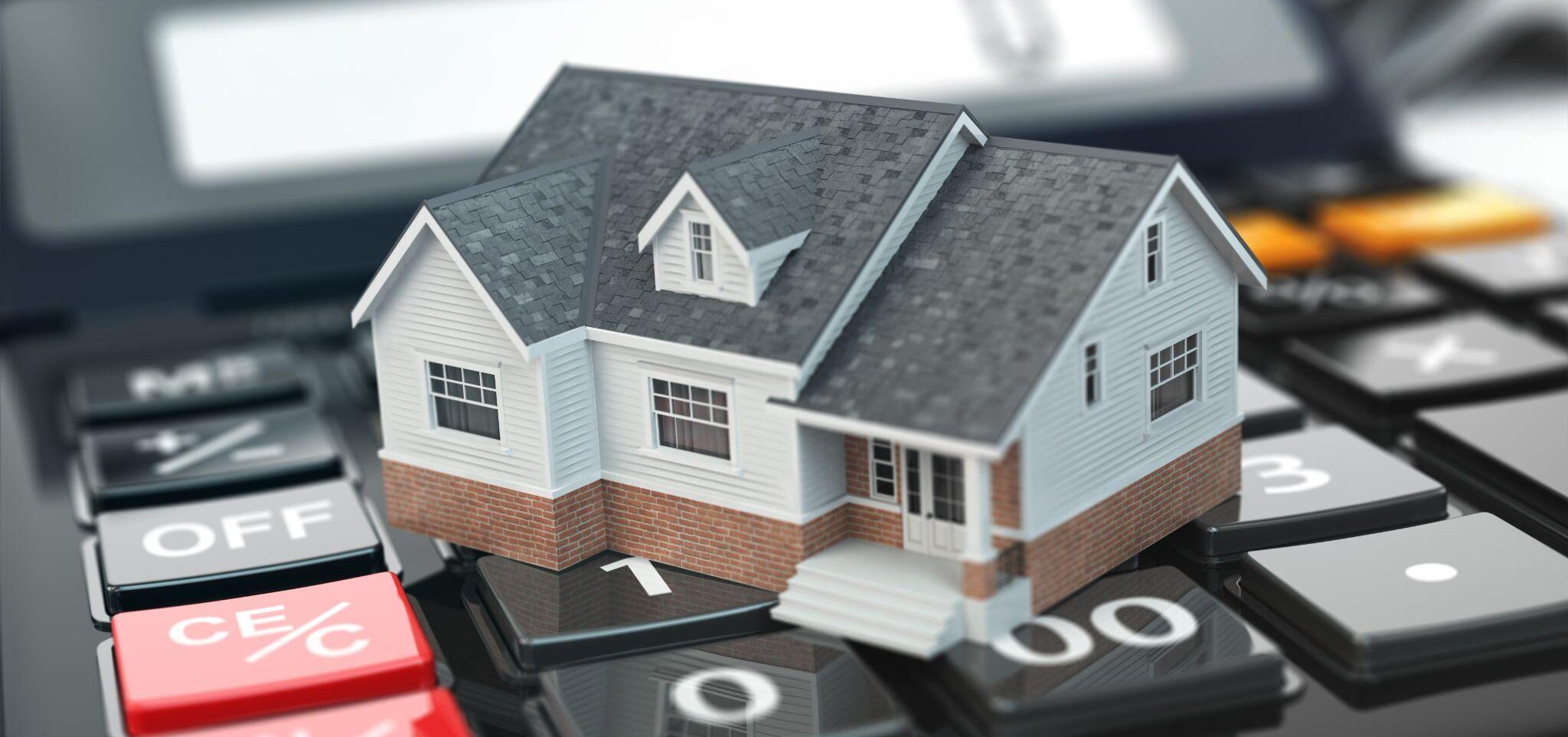3 min read
January 19, 2023

Real estate commissions and other fees can consume up to 10 percent of the sale price of a home. Here’s an overview of all of the costs sellers should prepare for:
Real estate commission
The real estate commission is usually the biggest fee a seller pays, it adds up to be 6% of the sale price. That commission is split between the seller’s real estate agent (3%) and the buyer’s agent(3%). Let’s say you list your house for $300,000 you would be paying $18,000 in real estate commissions. Some agents offer discounts on listings for various reasons, so you may be able to negotiate a little bit lower commission.
Many homeowners try to avoid paying commission by listing their home as for-sale-by-owner (FSBO). If you do that, be prepared to assume the duties of a real estate agent, including showing the place to prospective buyers, negotiating, hiring a lawyer to draw up the contract, and taking care of the transfer of title.
Home repairs
If you’re thinking about selling your home, it’s likely there are items that may need to be addressed to get the house in listing condition. They can be minor items like paint and carpet, to more major items such as replacing a roof, and everything in between.
Also, if the buyer’s home inspector finds problems, such as a damaged roof or bad plumbing, you might have to pay to fix those issues in order to close the deal. Big repairs can set you back financially, so be prepared for them before you decide to sell.
Pre-sale home inspection
You can opt to get the home inspected before listing. Some sellers make the investment (Around $300-500) because they want to find out about any structural or mechanical problems with the house.Getting a pre-sale inspection allows you to make major repairs ahead of time, removing any possibility of a buyer demanding them later or asking you to lower the price.
Keep in mind that if your inspection reveals material defects with your home, you’ll have a responsibility to disclose them to a buyer through the Sellers Disclosure which is a form required on listed properties.
Home staging
While you can do some staging tactics yourself, hiring a professional to stage can pay off. Stagers do what’s necessary to enhance a home’s best features while minimizing its worst attributes. They rearrange furniture and accessories and declutter and depersonalize the home. They may even repurpose a room in a way you wouldn’t have imagined.
The cost of a professional stager varies according to the size of the home, the extent of the work, the length of time the house is on the market and other factors. Expect to spend several hundred dollars, at minimum.
Utilities
If you plan to move out before you sell your home, you’ll want to continue to pay for utilities. A home without air conditioning, heat, and lighting can be difficult to show to buyers. So factoring in this expense is a good idea.
Closing costs and additional fees
In a real estate transaction, many closing costs are the buyer’s responsibility, but there are closing costs for sellers, as well. As well, sometimes the buyer will negotiate the seller paying part of their closing costs into the contract. This is when a Realtor comes in handy, they will spot this right away and help you with the negotiations.
Some other costs you may be responsible for are homeowners association fees, property taxes, attorney fees, transfer taxes and title insurance. You also may be asked to pay an escrow fee, a brokerage fee and a courier fee.
Capital gains tax
Don’t forget to consider taxes. When you sell a home for more than you paid for it, that counts as a capital gain and might need to be reported on your federal tax return. If you have lived in the house for 2 out of the past 5 years then you are eligible to exclude up to $250,000 of profit ($500,000 for married couples filing jointly) from tax, as long as you haven’t used that tax break on another home sale within the past two years. Always best to run this by your CPA, they will be the most knowledgeable in regards to taxes possible owed and at what percentage.
Property tax
The seller should pay the prorated share of property tax up to the closing date, with the money placed in escrow. If you do not have taxes in escrow then you will be responsible for the prorated taxes at closing.
3 min read
January 19, 2023
4 min read
January 22, 2020
4 min read
January 22, 2020
Tell us about your property in 5-10 minutes.
Oops, looks like an email. Please write the address of the house you want to sale.
Enter your email address and we will send you a link to change your password.